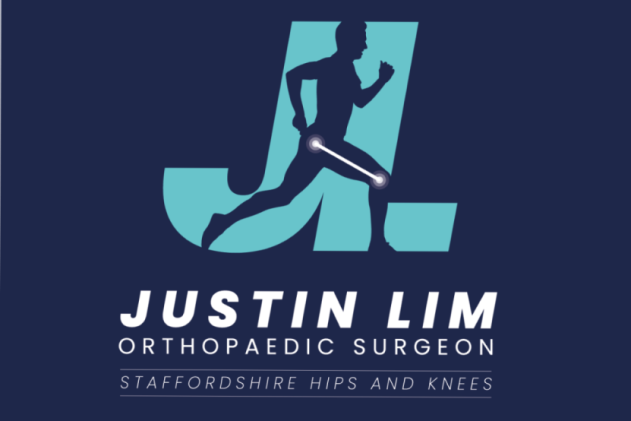Knee Replacement Surgery and Knee Problem FAQ’s
What causes knee problems and pain?
Knee problems and knee pain can be caused the effects of aging and gradual wear and tear or a knee injury. Wear and tear is called osteoarthritis. The knee joint injuries may result from sports injury, repetitive aggravation, a fall or sometimes by simple everyday actions of just twisting or rising from a chair.
There are two main types of cartilage in the knee:
- the articular cartilage, which coats the ends of the bones, forms a non-stick slippery layer and stops the bones from rubbing directly against each other (when this is worn, this is osteoarthritis).
- the meniscus cartilage, which forms a cushioning c-shaped cup in between the femur and tibia. Other structures in the knee include the ligaments, the fat pads, the tendons and of course the bone. Damage to any of these can cause knee symptoms – typically joint pain, stiffness and/or swelling. The knee may grind, lock, click or even give way. Sometimes knee pain may even be referred from the hip or back.
What knee investigations are necessary?
Xrays or MRI scans of the knee are helpful in the majority of cases. If you have had an xray/mri or other scan done in another hospital, it is helpful if you can inform Mr Lim’s secretary several days before so that the hospital can ask for the images to be transferred.
In some cases CT scans, bone scans, ultrasound and diagnostic injections may be necessary.
What are the knee treatment options?
Depending on the condition and its behaviour, treatment may take the form of knee surgery, injections, physical treatments such as physiotherapy/chiropractic/osteopathy or simply advice on how to manage the problem without surgery. Sometimes a combination is needed.
When is knee surgery needed?
Knee surgery or a knee replacement may be required if you are experiencing symptoms which stop you carrying out normal living and the things you enjoy. Pain that occurs during activity, delayed pain after activity, and pain that occurs in and around the joint are all signs which require further investigation. But when this is present even when resting, and it is interrupting your sleep, this is a good indicator that an assessment is needed to ascertain the best treatment option.
What types of knee surgery are there?
The two commonest types of knee surgery are arthroscopies (Key hole surgery) or Knee replacements:
Key hole surgery (arthroscopy) is a common procedure and can help remove damaged cartilage and debris from the knee.
Total Knee Replacement, known as TKR or arthroplasty is when both the femoral and tibial side of the knee are replaced with artificial components. If the cartilage of knee cap is also worn, the underside of the knee cap can also be replaced.
Partial Knee Replacement, known as UKR is when only part of the knee is replaced.
Depending on the condition and its behaviour, treatment may take the form of open knee surgery, key hole (arthroscopy) surgery, injections, physical treatments such as physiotherapy/chiropractic/osteopathy or simply advice on how to manage the problem without surgery. Sometimes a combination is needed.
Is knee surgery major surgery?
A knee replacement is considered major surgery and is only recommended when other non surgical options such as pain-killers have been tried. Depending upon the type of knee surgery, the procedure typically takes 20 to 30 minutes for key hole surgery or 60-90 minutes for knee replacement surgery.
Types of Anaesthetic
Injections are typically carried out under local anaesthetic.
Hip operations are carried out under a general anaesthetic or under an epidural/spinal anaesthetic to numb the lower body combined with a sedative so that you sleep through it. Some patients prefer to stay awake and chat, others bring in headphones and listen to music.
How long will the new knee last?
For most people receiving a new knee, it will last for about twenty years. Younger recipients might need repeat surgery, especially if they have had a partial knee replacement. Factors like weight and lifestyle will influence this, though. Revision surgery techniques for knees and other joints are advancing resulting in improved outcomes.
